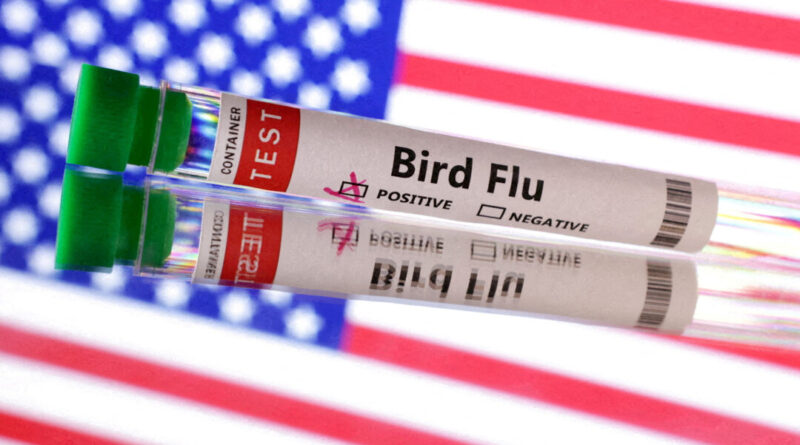20 Big Cats Fall Victim to Bird Flu Outbreak at Washington Sanctuary
Animal health authorities have confirmed the presence of highly pathogenic avian influenza in more than half of the wild felids housed at the sanctuary.
“It is with a heavy heart that we announce the confirmation from animal health officials regarding the presence of highly pathogenic avian influenza (HPAI) impacting over half of our wild felids as of December 2024,” the sanctuary expressed on December 20.
The outbreak has resulted in the deaths of 20 big cats, including an Amur/Bengal tiger, four cougars, an African caracal, two Canada lynx, a Geoffroy cat, a Bengal cat, a Eurasian lynx, four bobcats, and five African servals. The sanctuary shared a heartfelt list of the deceased animals along with their names in a touching post.
The virus, primarily transmitted by birds, is most commonly spread through secretions such as phlegm or mucus, as well as bird-to-bird interactions. Wild animals, particularly carnivores, may become ill by consuming infected birds or their droppings. Cats are particularly vulnerable to this virus, which can escalate quickly and lead to death within 24 hours due to pneumonia-like symptoms, according to the sanctuary.
In light of the outbreak, the Wild Felid Advocacy Center has instituted stringent quarantine protocols and is collaborating closely with federal and state animal health officials, along with Mason County health authorities. The sanctuary’s team is also working alongside private veterinarians to find ways to curb further infections and safeguard the remaining animals, they reported.
Despite their best efforts, the sanctuary has faced tremendous losses and is now reaching out to the community for assistance. They highlighted that rising medical expenses, even at reduced rates, have placed significant financial strain on their operations.
The sanctuary hopes to reopen in the New Year and is offering full refunds to visitors who had planned trips. They also promise to keep the public updated through their website.
Officials from the Wild Felid Advocacy Center of Washington were not immediately available to comment on the situation when contacted by NTD.
From NTD News





